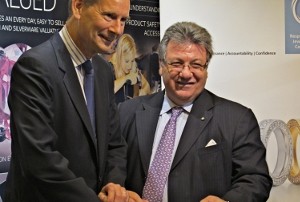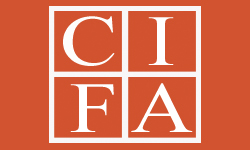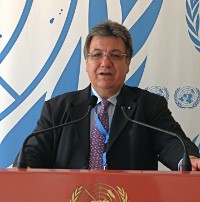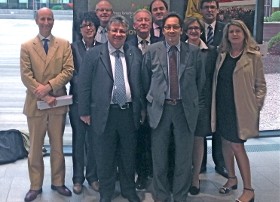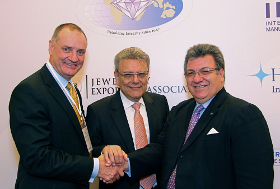CIBJO and Responsible Jewellery Council (RJC) announce Memorandum of Understanding at IJL London
CIBJO, the World Jewellery Confederation, and the Responsible Jewellery Council (RJC) signed a Memorandum of Understanding (MOU) today at the International Jewellery London Show (IJL). The MOU will work to further advance responsible business practices among all sectors of the jewellery supply chain, and will include the use of CSR education programmes developed by CIBJO, in collaboration with the United Nations, and chain of custody certification programmes developed by RJC.
The MOU reflects the willingness of both organisations to collaborate on efforts to entrench a solid understanding and commitment from the jewellery industry, to improve its performance in the crucial areas of human rights, social and environmental performance and ethical business practices.
Among the key components of the MOU is the establishment of a MoU Working Group to oversee the execution of the agreement. The group will be headed by Gaetano Cavalieri, CIBJO President, and James Courage, RJC Chairman. They will appoint two industry representatives from their respective organisations to address the synergies inherent in the cooperation between these two global groups.
“Our goal is to address proper business practise in the very broadest sense, and together CIBJO and RJC are able to provide comprehensive solutions,” said Dr. Cavalieri. “The prime beneficiaries of this agreement need to be the greater jewellery industry, jewellery consumers and all of our stakeholders to the very grass-roots level.”
“I am personally very pleased to be working with CIBJO and its President Gaetano Cavalieri and to be part of the MOU working group. I am sure there will be positive outcomes from this collaboration for the jewellery industry,” said Mr. Courage.
Photo caption 1: Gaetano Cavalieri (left), President of CIBJO, and James Courage, Chairman of RJC, following the signing of the Memorandum of Understanding at the International Jewellery London Show.

